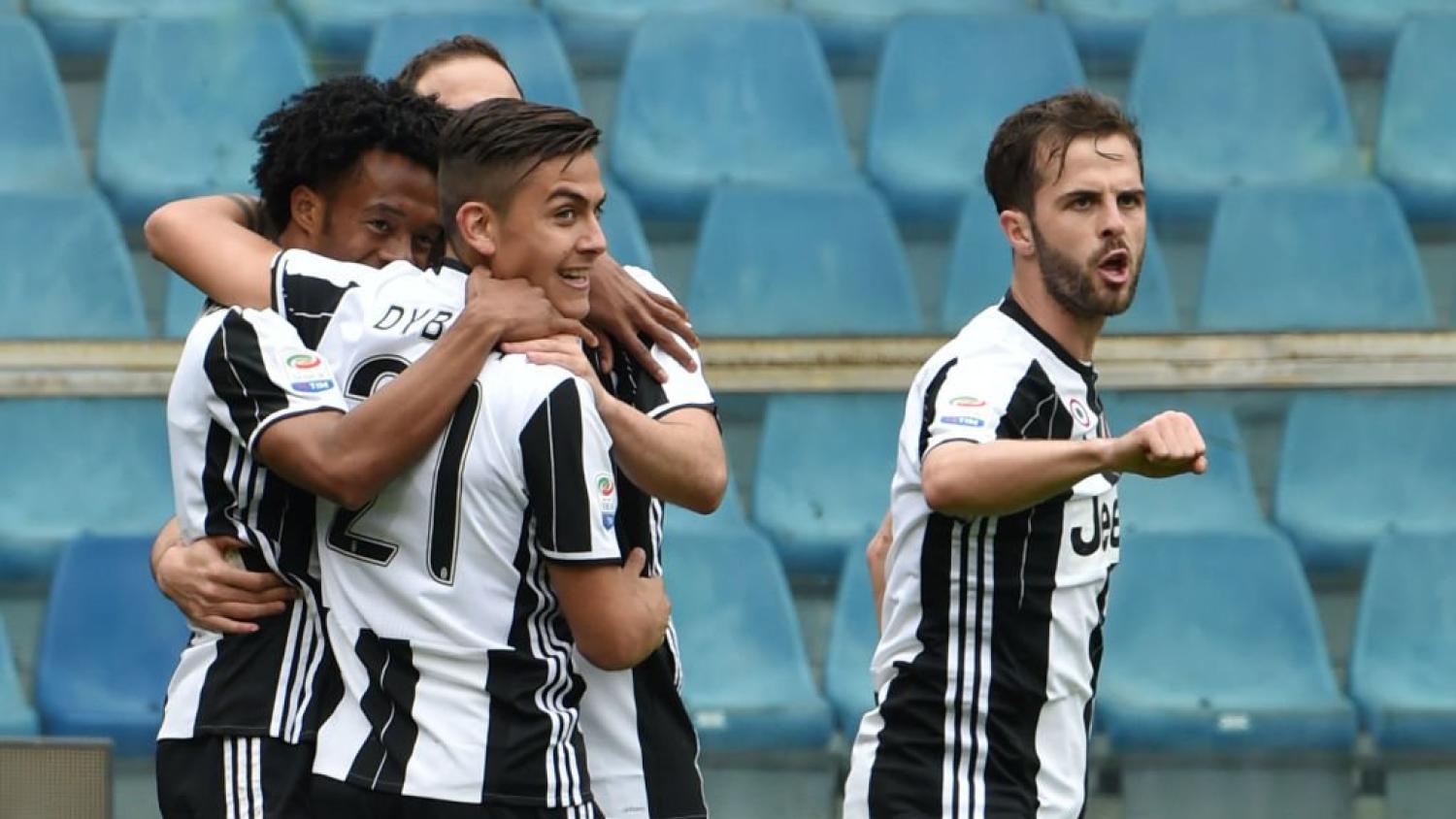It has been a complicated week for Juventus. The almost-crowned champions of Italian football have been up and down an emotional rollercoaster, hitting the headlines for events on and off the pitch. As ever with the biggest club in Serie A, there are claims of wrongdoing on one side and claims of the Old Lady being unfairly targeted on the other. Controversy reigns supreme, but with the season drawing to a close, what sort of position are Juve in?
We should start with the Champions League. It was obvious at the start of the season that this was the real target. After winning five scudetti in a row, domestic supremacy has gotten slightly tired. Now, the Juventus board want to establish themselves as a European powerhouse, ranked alongside Bayern Munich, Real Madrid and Barcelona.
Compared to other Italian teams, Juve have never quite been the biggest European name. They have famously lost an incredible number of European finals. AC Milan and Inter have both performed better at the highest level in recent years and, following the Calciopoli fallout and the gradual decline in Italian football, fans outside the country seem unsure how to evaluate Juventus.
This is why they spent big. Selling Paul Pogba for a world record fee, they brought in a clinical striker, a replacement midfielder, and bolstered the squad. Co-incidentally, this happened to weaken their domestic rivals, plucking out Napoli and Roma’s best players and essentially safeguarding the title for another year. But players such as Higuain were not investments for the future. He was bought with winning immediately in mind. To that end, it’s hard to criticise Juve’s European exploits so far this year.
Last week’s match against Porto was satisfyingly boring. The game had been killed off in the first leg, a consummately professional performance while most people were watching Barca or Monaco. That suits Juve fine, flying under the radar, steadily progressing. They’re the only unbeaten team left in the Champions League this year, the only team not to concede in the knockout stages. But then they drew Bayern Munich in the quarter finals.
Two years ago, an excellent Juventus team got to the final against Barcelona. They were roundly beaten, prompting the current heavy investment to bring the Italian side up to the level of their rivals. Probably still not quite at the highest, highest level, this Juventus team are better than two years ago. The attacking unit is better, the midfield completely reconfigured. This reconfigured squad will be tested in the quarterfinals, as they drew Barcelona.
This week, Juventus managed to grind out another win. There was nothing stunning about the victory over Sampdoria. Cuadrado’s diving header put Juve ahead and then they simply shut the game down.
This ability to close out winning positions is essential to their success. While other teams are chasing games, wearing themselves out in a bid to score more goals, Juventus have been conserving energy all season. There is a dependability, a reliance that they can sit on a one goal lead and come away with all the three points, even from as boisterous a ground as the Stadio Luigi Ferraris.
Victories such as this – unremarkable, run-of-the-mill, expected — make things difficult for those of us who are writing about Juventus. There is nothing to comment on. Juve won again. It’s hardly a spectacle for the travelling fans. But it is remarkably effective. There is a reason Juventus have won so many consecutive titles.
Their finances, their stadium, their canny ownership, and their reliable veterans have fostered a winning atmosphere around the club. Already a domestic juggernaut, this is a period of sustained success like little else in Juventus’s history. Steamrollering the league and with lofty ambitions in Europe, things are looking pretty good for Juventus.
But there’s always a complication. It’s been a few weeks since the refereeing controversies against Napoli and Milan, in which journalists and fans across Italy picked at the festering scab of officiating in Italian football. There is not enough space here to dive into the complexities of Calciopoli, but it has left a stain on the character of Italian football, especially in matters concerning referees and Juventus. The comments seem to have passed by now, but a new controversy has risen in its place.
Recently, Juventus President Andrea Agnelli has felt the need to address the press, describing recent links to an anti-mafia investigation as “unacceptable.” The on-going and legally complex case seems periphery to Juventus as a club – it is not an investigation into Juventus — but the management have had their links to certain ultra groups questioned.
The management’s relationship with said groups – who might, in turn, possess links to a Calabrese organised crime family — and the fact that they may have made tickets available to these groups seems to be the reason why Juventus’s name has been dragged into the case.
Agnelli himself will testify in front of the anti-mafia commission and has released a statement on the matter. He is keen to dismiss any notion of wrong-doing on either his or the club’s part. With so many lawyers involved — added to the inherent Italian-ness of the Italian legal system – discussing the matter further is legally complicated. But there seems a huge deal of smoke and very little fire.
But it is a dispute which complicates matters. With Juventus hoping to focus solely on their European competition (with half an eye on seeing out the Serie A season), any articles linking Juventus and the mafia are only going to prove a distraction. Even when the future looks fairly simple, something has to go and make things so complicated. There’s no question: the coming weeks will be hugely important for Juventus, on and off the field.

 Home
Home


